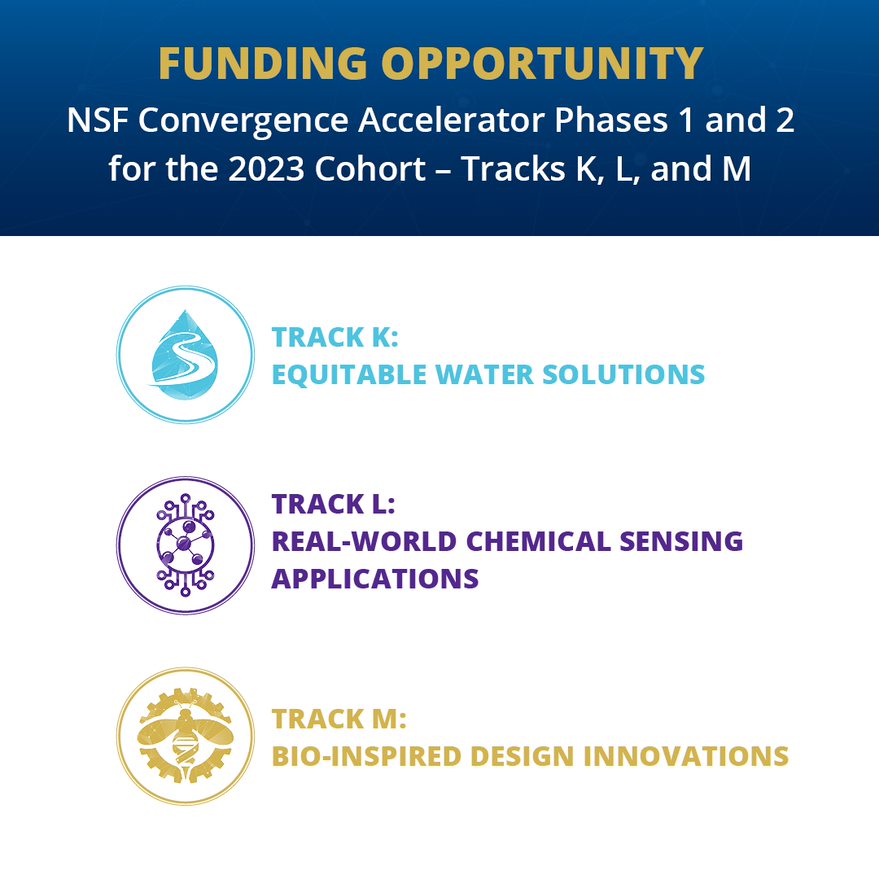The Global Centers (GC) program in FY2024 will support innovative collaborative international centers for interdisciplinary use-inspired research to address global bioeconomy challenges, in partnership with funding agencies in Canada, Japan, Republic of Korea, Finland and the United Kingdom.
The GC Program Team is hosting a series of Virtual Office Hours aimed at giving potential PIs an opportunity to ask questions about the new solicitation starting March 29 and ending on May 22, during which any questions about the Program can be asked and discussed. Two of the sessions will have a special focus: Monday April 1 (Focus on Non-R1 Institutions), and Monday April 8 (Focus on Minority Serving Institutions).
Session dates and times are outlined below. There are no restrictions on attending multiple sessions, so please feel free to attend the sessions which best fit your schedule. The zoom link is the same for all sessions: https://nsf.zoomgov.com/j/1619482232?pwd=blBiQWJwL2h5a0ZPeVpkWEFVWWRNZz09.
- April 1, 2024, 1:00 pm – 2:00 pm ET (Special Focus on Non-R1 Institutions)
- April 4, 2024, 2:00 pm – 3:00 pm ET
- April 9, 2024, 12:00 pm – 1:00 pm ET (Special Focus on Minority Serving Institutions):
- April 12, 2024, 1:00 pm – 2:00 pm ET
- April 15, 2024, 1:00 pm – 2:00 pm ET
- April 23, 2024, 1:00 pm – 2:00 pm ET
- May 1, 2024, 1:00 pm – 2:00 pm ET
- May 10, 2024, 1:00 pm – 2:00 pm ET
- May 14, 2024, 3:00 pm – 4:00 pm ET
- May 22, 2024, 2:00 pm – 3:00 pm ET
More information about the GC program, including the solicitation and deadline information, can be found on the program page: https://new.nsf.gov/funding/opportunities/global-centers-gc




